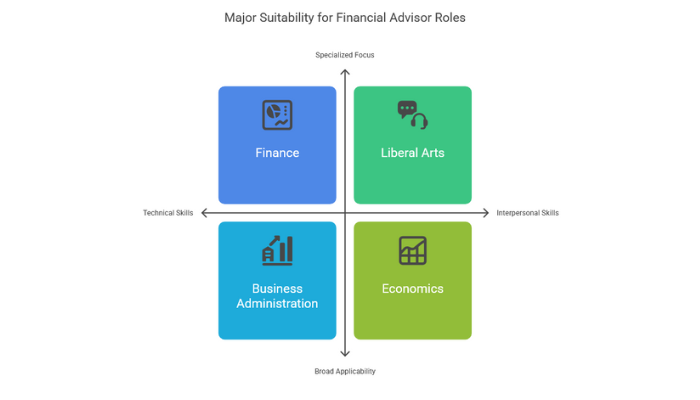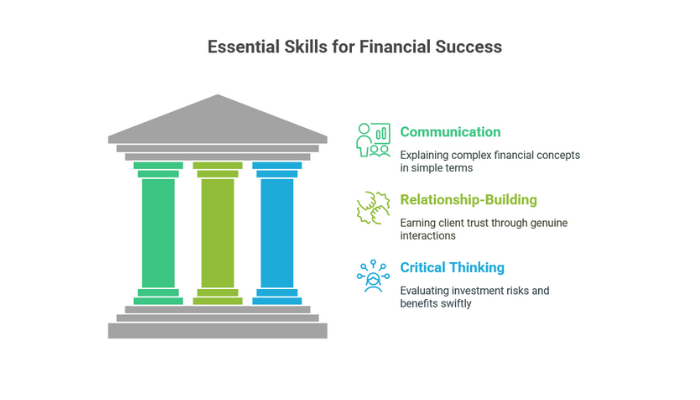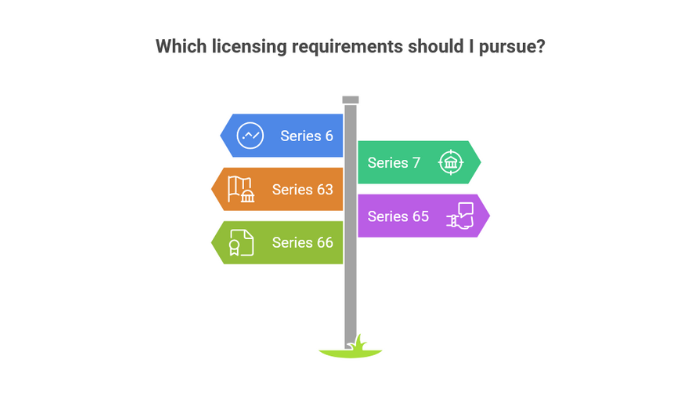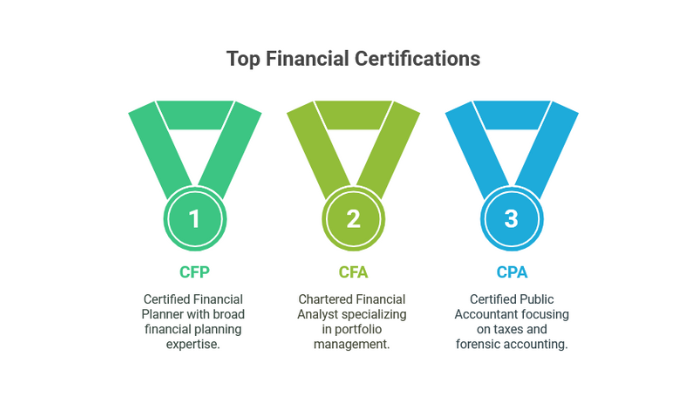Your Guide to the Best Major for Financial Advisor Careers

If you are wondering how to choose the best major for financial advisor careers, you are in good company. Many prospective advisors want a degree path that lays a solid foundation in investment strategies, economics, and client communication. In this guide, you will explore options that help you build a fulfilling financial advisory career and better serve high-net-worth families, business owners, and retirees who need tailored wealth management solutions.
Recognize The Importance

Your major choice strongly impacts the skills you bring to the table. A relevant program gives you real-world insight into topics like budgeting, tax efficiency, and asset protection, all of which are crucial for ultra-high-net-worth clients. In finance, for example, you might learn about risk management, portfolio allocation, and data analysis. According to the Bureau of Labor Statistics, entry-level positions in finance can start around $60,830 annually and climb quickly to six figures (Bay Atlantic University).
Keep in mind that advanced math is not always mandatory. With a basic comfort in numbers, you can thrive in finance programs. You will typically develop analytical thinking, problem-solving, and communication skills. Even if you major in economics, where you study business cycles and international markets, you are still covering essential ground for wealth planning.
Weigh Your Specialized Majors

Several majors can serve as gateways if you want to become a financial advisor. Here are a few popular routes:
1. Finance
- Focuses on portfolio management, corporate finance, and investment analysis.
- Offers hands-on opportunities for projects like stock evaluations.
2. Economics
- Dives into macro- and microeconomic trends that directly affect market performance.
- Sharpens your ability to react to broader shifts in economies.
3. Business Administration
- Covers finance, marketing, and management, giving you a well-rounded base.
- Helpful if you plan to run your own advisor practice or lead a financial team.
4. Liberal Arts
- Enhances communication, empathy, and analytical thinking.
- Ideal for connecting with clients on a personal level and handling emotional conversations around wealth (Investopedia).
If you are still deciding on the right education path, consider checking out do you need a degree to be a financial advisor to see what different backgrounds can bring to the profession.
Build Essential Skills

Your major is just one piece of the puzzle. Equally important are real-world abilities like:
- Communication: Explaining complex financial instruments in simple terms.
- Relationship-Building: Earning clients’ trust so they feel comfortable discussing large liquidity events or sensitive family matters.
- Critical Thinking: Evaluating investment risks and benefits quickly.
The World Economic Forum highlights the evolving role of financial advisors, who need expertise in technology and financial psychology to meet modern client demands (eMoney Advisor). Embracing continual learning is key to staying ahead.
Understand Licensing Requirements

Most financial advisors need specific registrations and licenses. For example, Edward Jones requires new recruits to prepare for exams like the SIE, Series 7, and Series 66 (Edward Jones). You may want to explore:
- Series 6 or Series 7 to handle mutual funds or broader securities.
- Series 63, 65, or 66 for state-level and advisory credentials.
If you are curious about the steps to earn these registrations, see how to get financial advisor license for more insights on study hours, exam formats, and state requirements.
Strengthen Your Credentials

Beyond your major and Series exams, certifications can boost credibility. Specialists often pursue:
- CFP (Certified Financial Planner): Requires education, an exam, experience, and ethics adherence (Accounting.com).
- CFA (Chartered Financial Analyst): Focuses on advanced portfolio management and investment analysis.
- CPA (Certified Public Accountant): Ideal if you do extensive work in taxes or forensic accounting.
Adding these to your resume can distinguish you in a competitive field. Employers often prefer job candidates who show discipline through certifications, which may improve earnings potential and client trust.
Move Toward Your Goals

Once you have a handle on your degree strategy, licenses, and certifications, your next move is to refine your career focus. High-net-worth families often require a fiduciary approach, which means acting in their best financial interests. For more guidance on professional standards, you can check out choosing a financial advisor. You will learn how fiduciary duties, fee structures, and expertise help build lasting client relationships.
If you are looking for helping points about typical compensation scales, take a peek at average salary for financial consultant to estimate your earning potential in different roles.
Check out these five FAQs in one sentence about the best major for financial advisor careers: “Is finance mandatory, can economics also work, do liberal arts majors stand a chance, what level of math is needed, and does a double-major help?”
Conclusion
Your choice of major for financial advisor goals should align with the type of clients you want to serve and the specific services you hope to offer. Whether you pick finance, economics, business, or even a liberal arts track, stay open to ongoing education and certifications. By combining a strong academic background, professional licenses, and continuous learning, you will set yourself up to guide high-net-worth individuals toward well-informed decisions and long-term prosperity. If you are ready to take the next leap, explore the licensing resources above and map out your journey. Good luck, and feel free to share your thoughts or questions if you are still deciding on your ideal major.
Recent Posts
Financial Advisors in Los Angeles to Consider
Finding the right financial advisor can be a pivotal step...
Financial Advisors in New York to Consider
Selecting the right financial advisors in New York can play...





